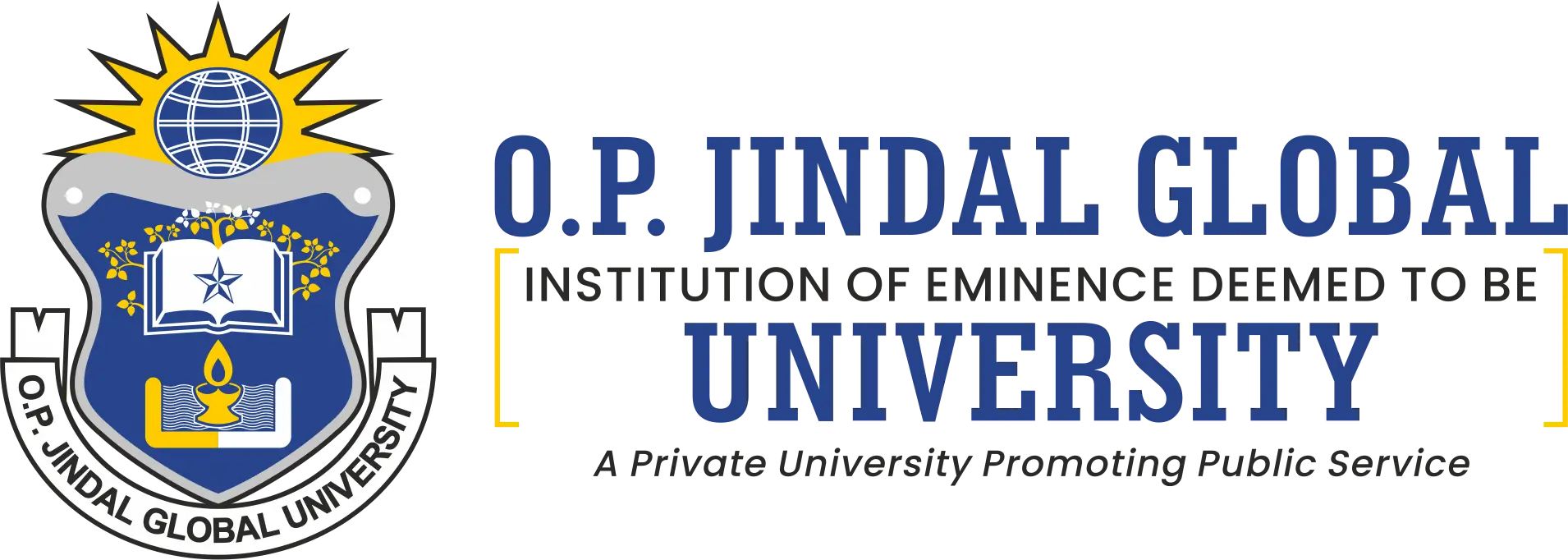JSGP holds seminar on 80th UN Day

Jindal School of Government and Public Policy (JSGP) organised the 80th United Nations Day Commemoration Roundtable Discussion on the theme ‘Is the UN Relevant or Not?’ on October 24.
The programme of the seminar featured eminent experts from and on the United Nations, faculty from the Jindal School of International Affairs (JSIA) and JSGP, and scholars and researchers from different schools of JGU. The keynote speakers were Dr. Deodat Maharaj from the UN Technology Hub for Least Developed Countries and Dr Mitali Nikore from Nikore Associates.
In the opening remarks, Professor (Dr.) Naresh Singh urged speakers to focus on the relevance of the United Nations now rather than dwell on the past alone. Dean Ramaswamy Sudarshan provided a detailed narrative of the setting within which the United Nations was created, its achievements, many of which are unsung and its failures, most of which are well-known. Professor (Dr.) Mohan Kumar explained that member countries need to come forth with funds and human resources, instead of blaming the organisation, whose core ethos and structure had served quite well.
Dr. Deodat Maharaj argued that our perspective regarding the relevance of the UN is determined by where the interlocutor is located geographically. In the developed countries, the UN is often criticised for the failures of the UN Security Council due to the veto power exercised by the P5 countries and disparaged for its shrinking budget and human resource challenges. The emerging economies like the BRICS and G-20 have a more nuanced view and can contribute funds and human resources for UN Reform, but permanent membership of the UNSC is a sticking point. When it comes to other less developed countries, it is not feasible to develop without a strong role of the United Nations. Hence, for nearly 60 per cent of the countries in the world, the UN is and will continue to be highly relevant, Dr. Maharaj said.
Dr. Mitali Nikore provided an account of her own connection with the UN, first as a child growing up inspired by the UN, and then her initial engagement with UN Women HQ and subsequent ongoing work with a wide variety of UN agencies, the World Bank and Asian Development Bank, under the umbrella of Nikore Associates. She argued that the UN can stay relevant provided it reflects the Global South not only in terms of projects but even more so in its hiring practices at all levels, including senior positions in HQs and regional offices. She argued that the diversity in the composition of leadership at all levels and across regions will make the UN more representative of the world today and therefore more relevant.
Read more:




